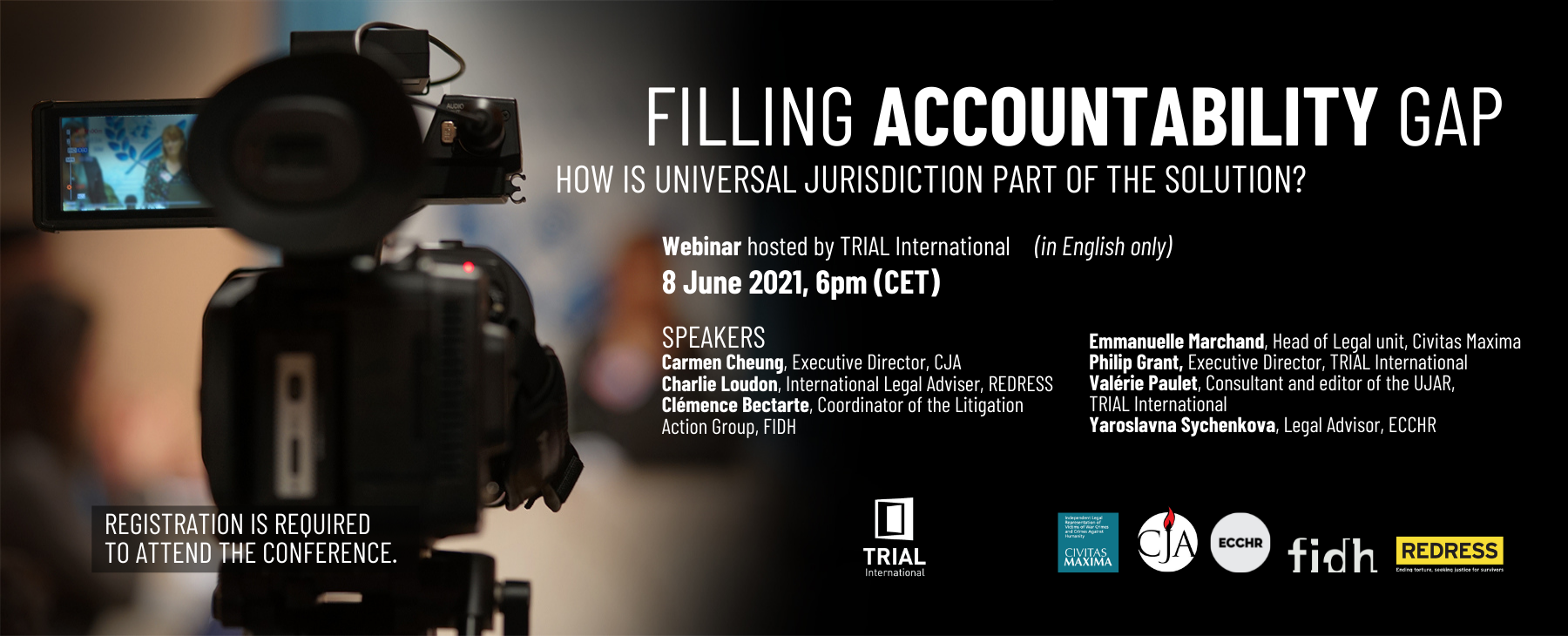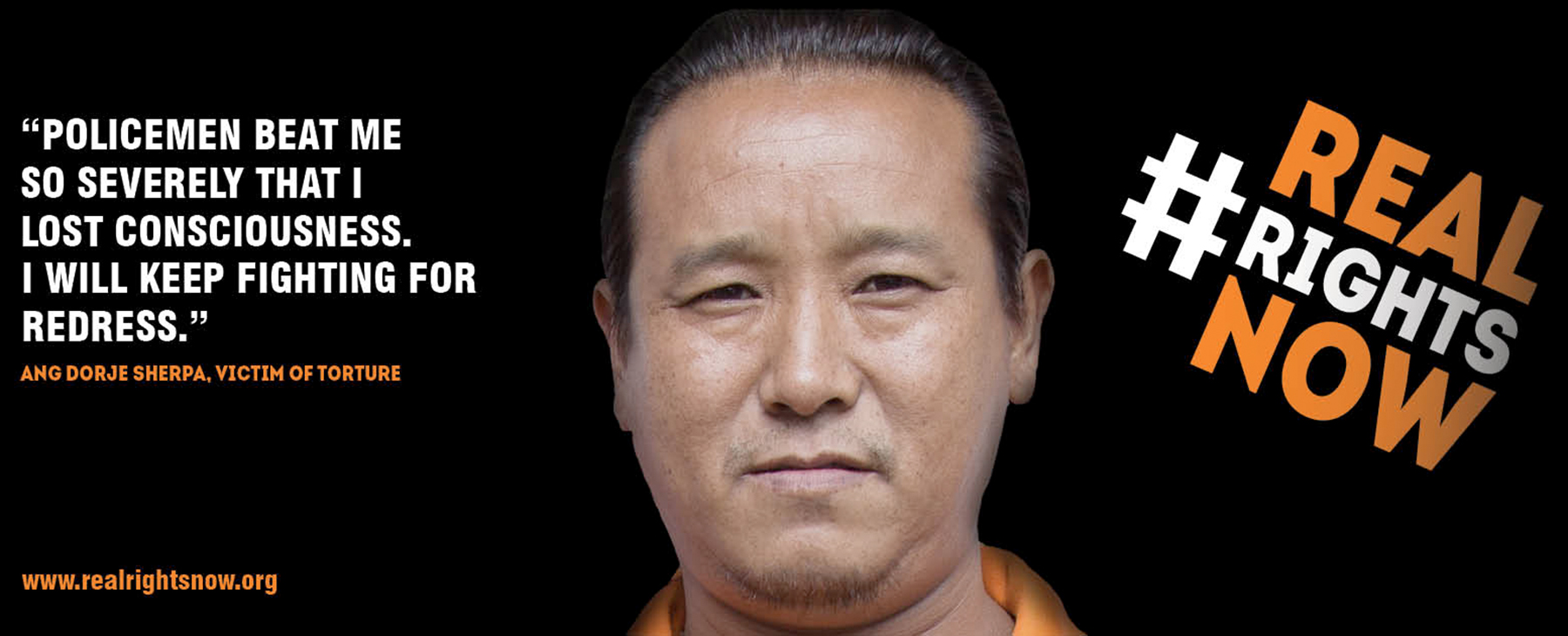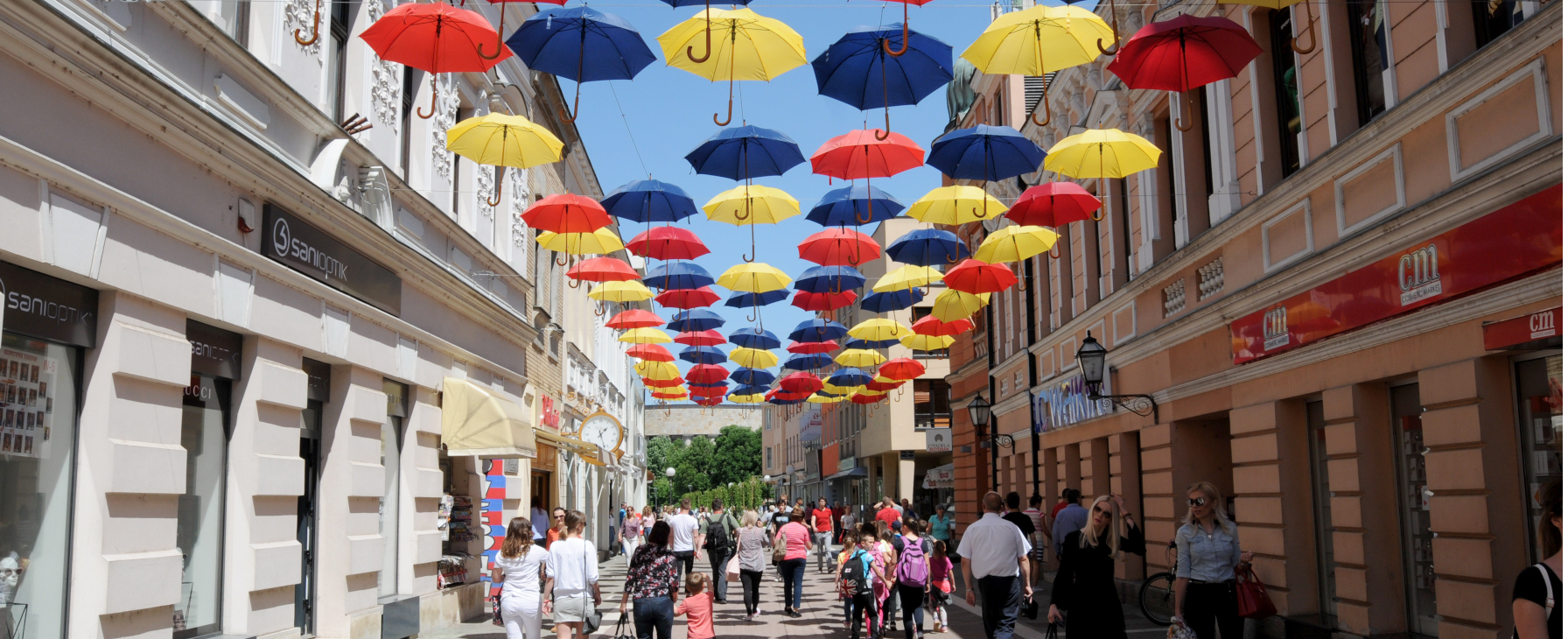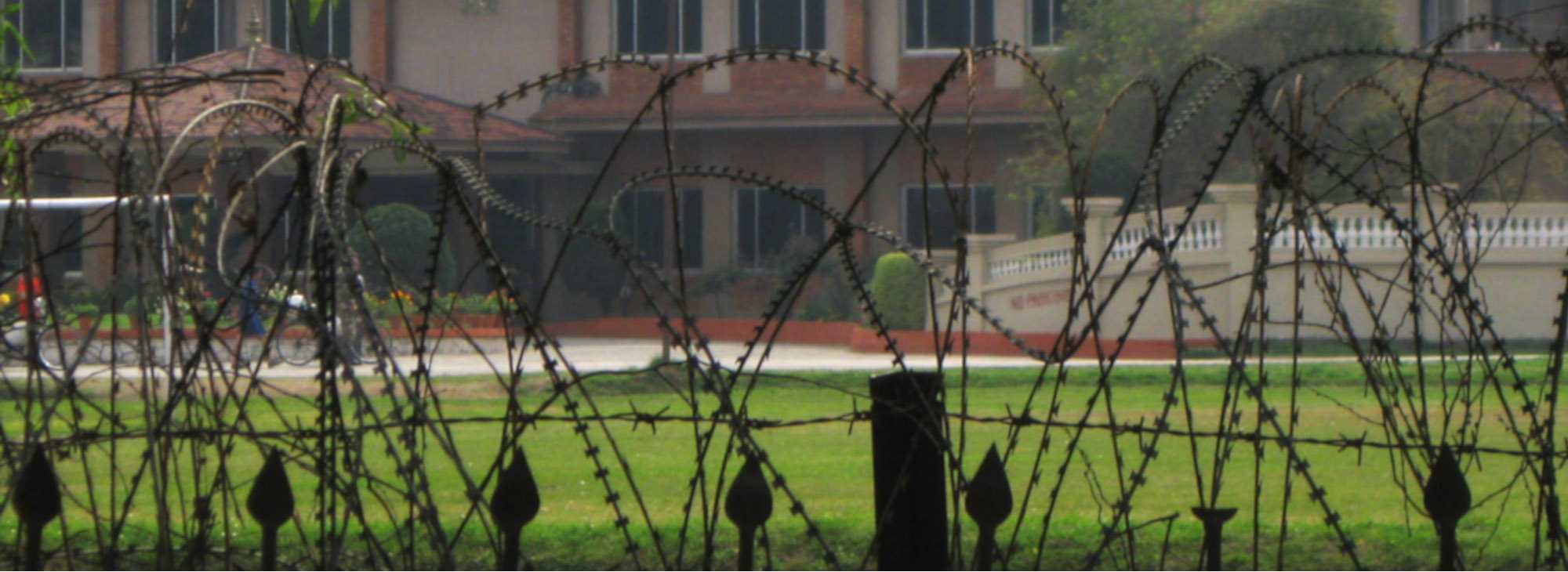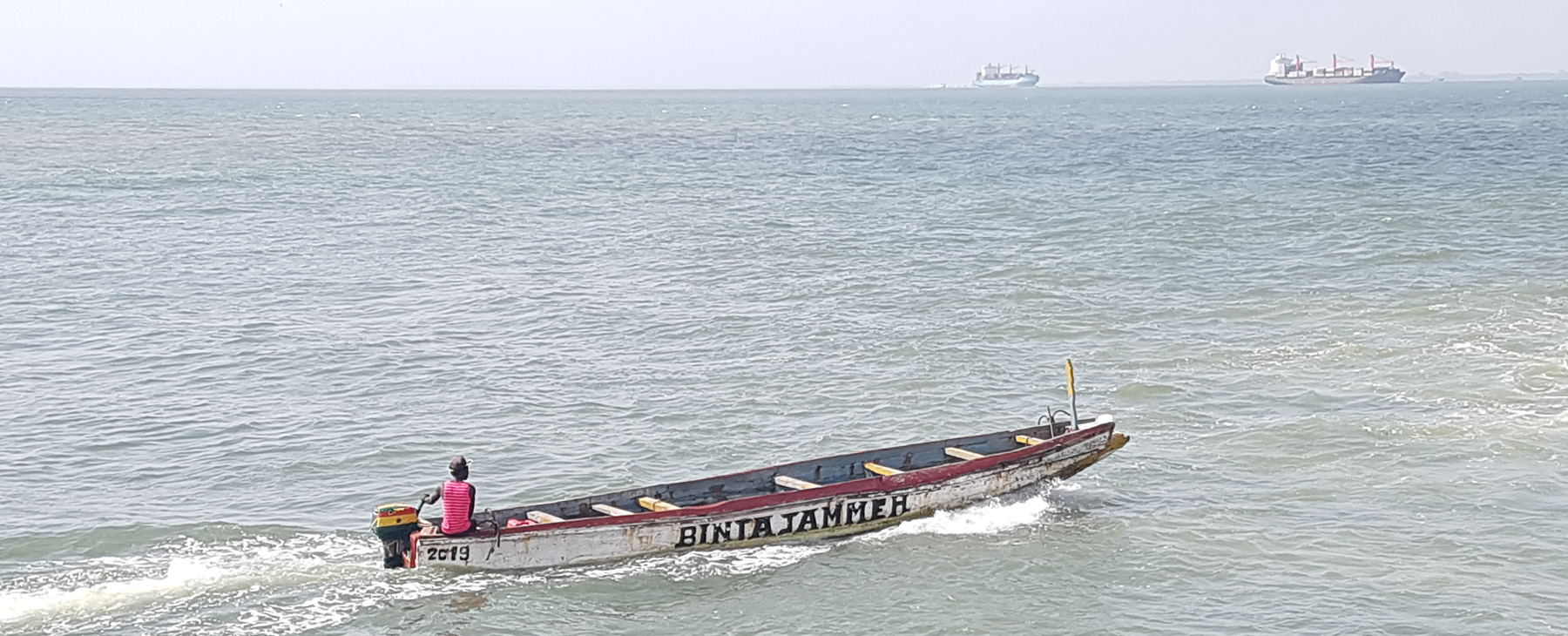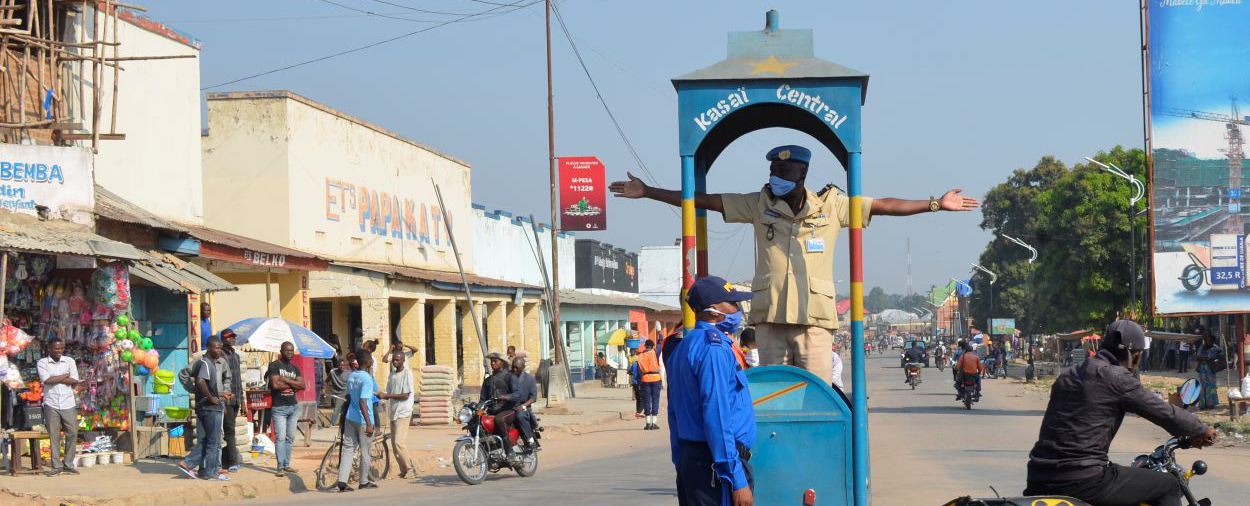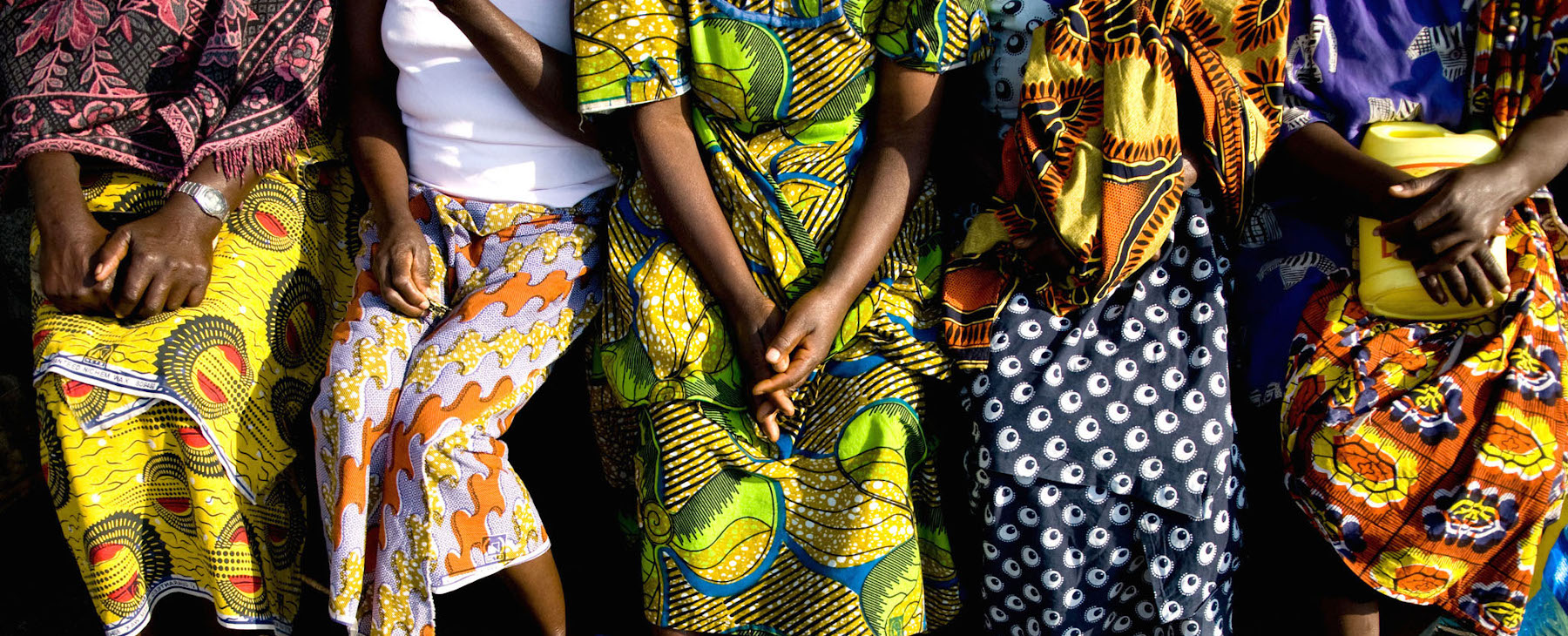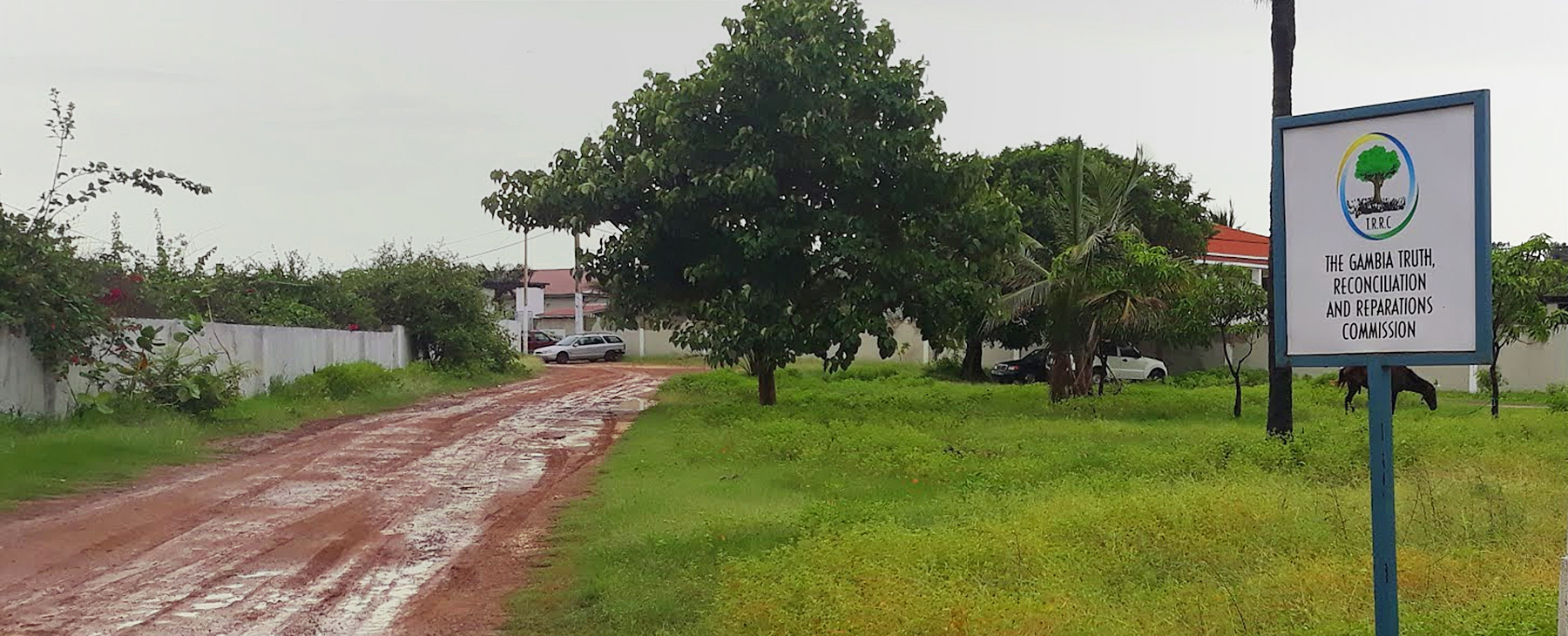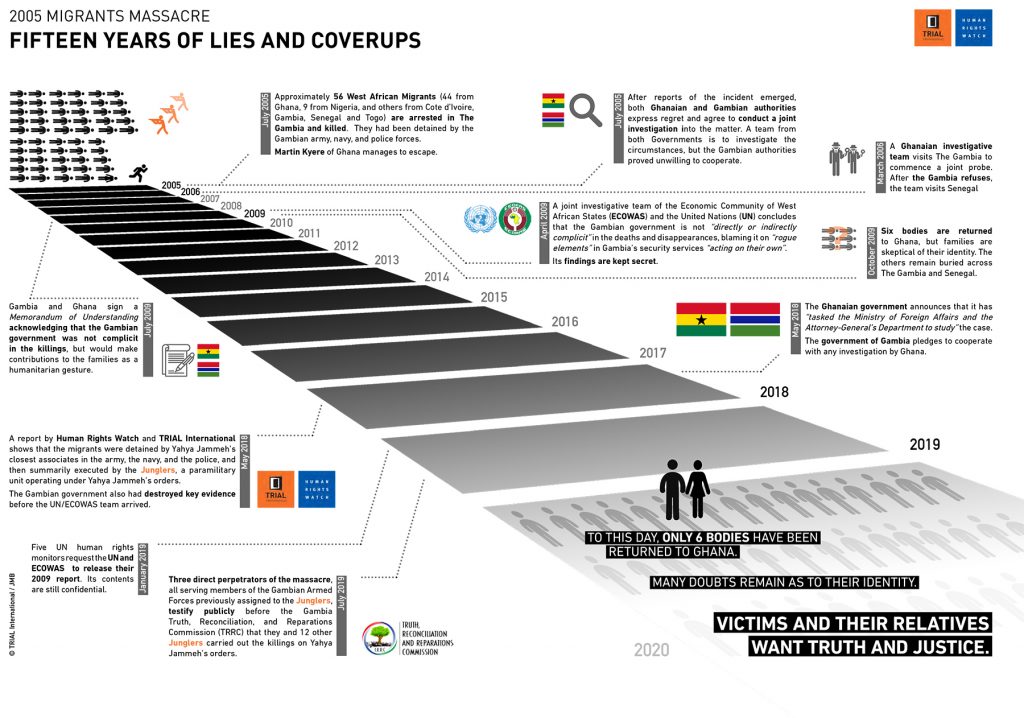Compensation for victims of war crimes is possible, as four recent examples in Bosnia and Herzegovina (BiH) have shown. But only if prosecutors’ offices, courts and legal aid providers, dedicatedly work on this matter. The story of N., a wartime rape survivor, illustrates the many challenges of seeking justice.
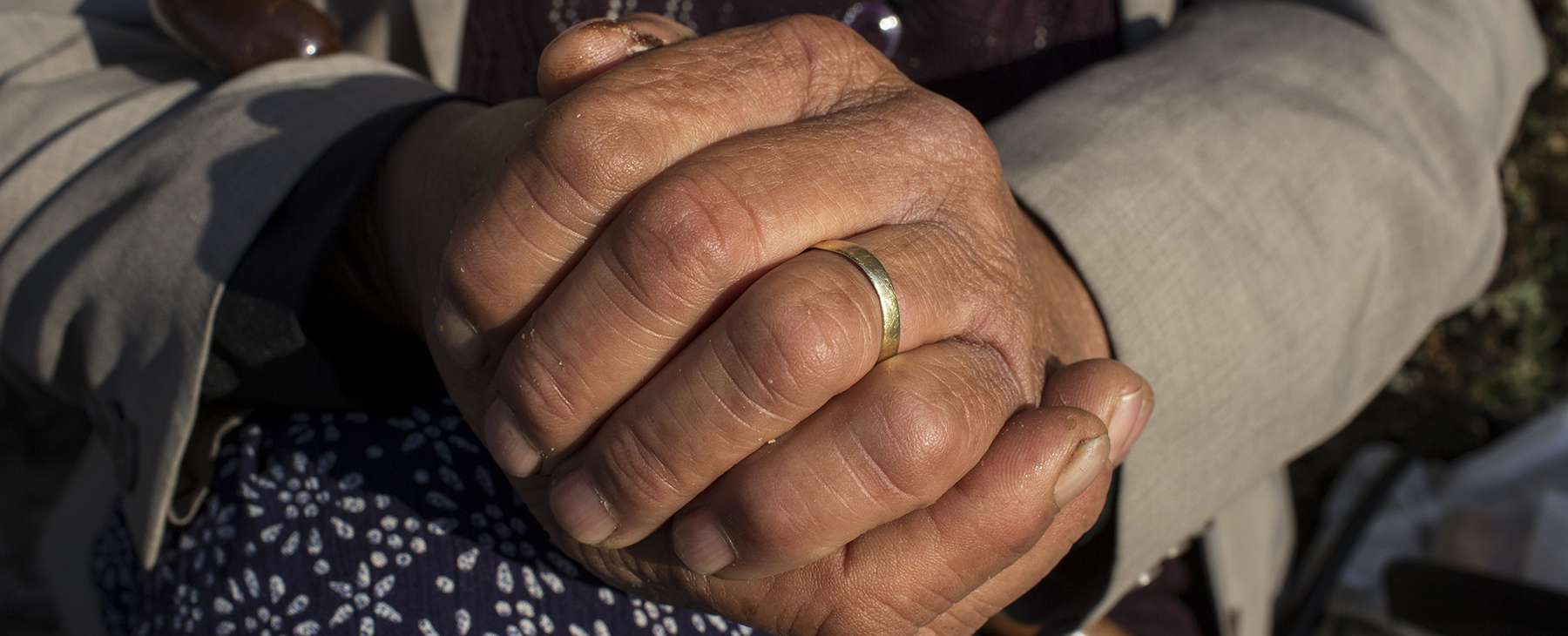
“Compensation is important in the economic sense, but also it is just as important for future generations in order that these types of crimes do not happen again. The possibility of compensation gives victims more confidence to go forward and to fight for justice to the end.” said K, survivor of sexual violence.
TRIAL International had repeatedly pointed out that most perpetrators of wartime sexual violence had still not fulfilled their obligation to pay compensation ordered by judgments in criminal proceedings. Payment of these reparations is significant for victims of war crimes, including survivors of wartime sexual violence. This story of N, a wartime rape survivor, is a case in point.
RAPE SURVIVOR FINALLY COMPENSATED AFTER 20 YEARS
After being raped in 1992, N waited over 20 years for justice for the crime she survived. Now she hopes that her story will encourage others in their fight for justice, truth and reparation.
“After so many years, I did not expect anything, given this situation. While seeking justice, I gave statements on numerous occasions. After 20 years, he was sentenced to prison and ordered to pay compensation. It means a lot to me that they imprisoned him, but it also means a great deal to me that they have ordered him to pay the compensation. Although it is a minimal amount, in this way he can at least fell the sufferings that we have felt. “, said N.
During her fight for justice, she was supported primarily by her family, but also by TRIAL International. She first contacted the organization in 2014, hoping that those responsible for the crimes committed against her will finally get prosecuted. In addition to the support of TRIAL International, the survivor was represented by the Office for Free Legal Aid at the Ministry of Justice of BiH when filing a compensation claim, making her case among the first that the Office has worked on and making her one of the first survivors to benefit from this free aid.
In 2016, TRIAL International successfully introduced an amendment to the State Law on Free Legal Aid which led to the possibility for victims to receive free legal aid by the Ministry of Justice of Bih in regard to compensation claims. Read the full article to know more about it.
Five years later, after more than two decades of waiting for justice, the perpetrator was finally sentenced to prison and ordered to pay compensation for her physical and mental suffering.
In her words, “Their support was important to me during the trial, they tried to inform me about everything, let me know about all my rights. They gave me an additional strength, so that it was clear to me I had some form of protection, that I could exercise my rights, that I had to be persistent.”
A JOINT ENDEAVOUR
Prosecutors’ offices, courts, legal aid providers and victims’ representatives must use all available measures to ensure that compensation is awarded in criminal proceedings, and that it is eventually paid by perpetrators. To do so, prosecutors should inform victims of this possibility in a timely manner. Psychiatric examination of the harm that was caused to the victims should be routine.
Furthermore, as part of the investigation, the financial situation of the perpetrators / accused should be assessed in order to secure a claim, which facilitates the later collection of awarded compensation. In case that the perpetrator is insolvent, the state should take the responsibility for paying the compensation awarded to survivors.

